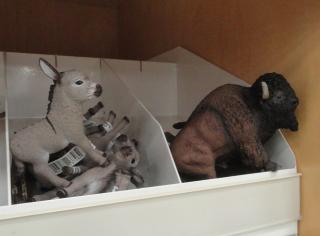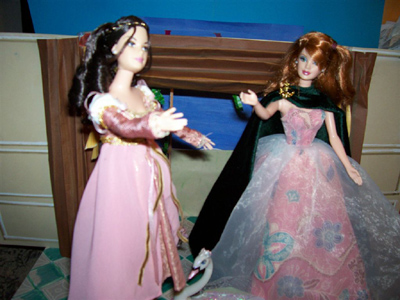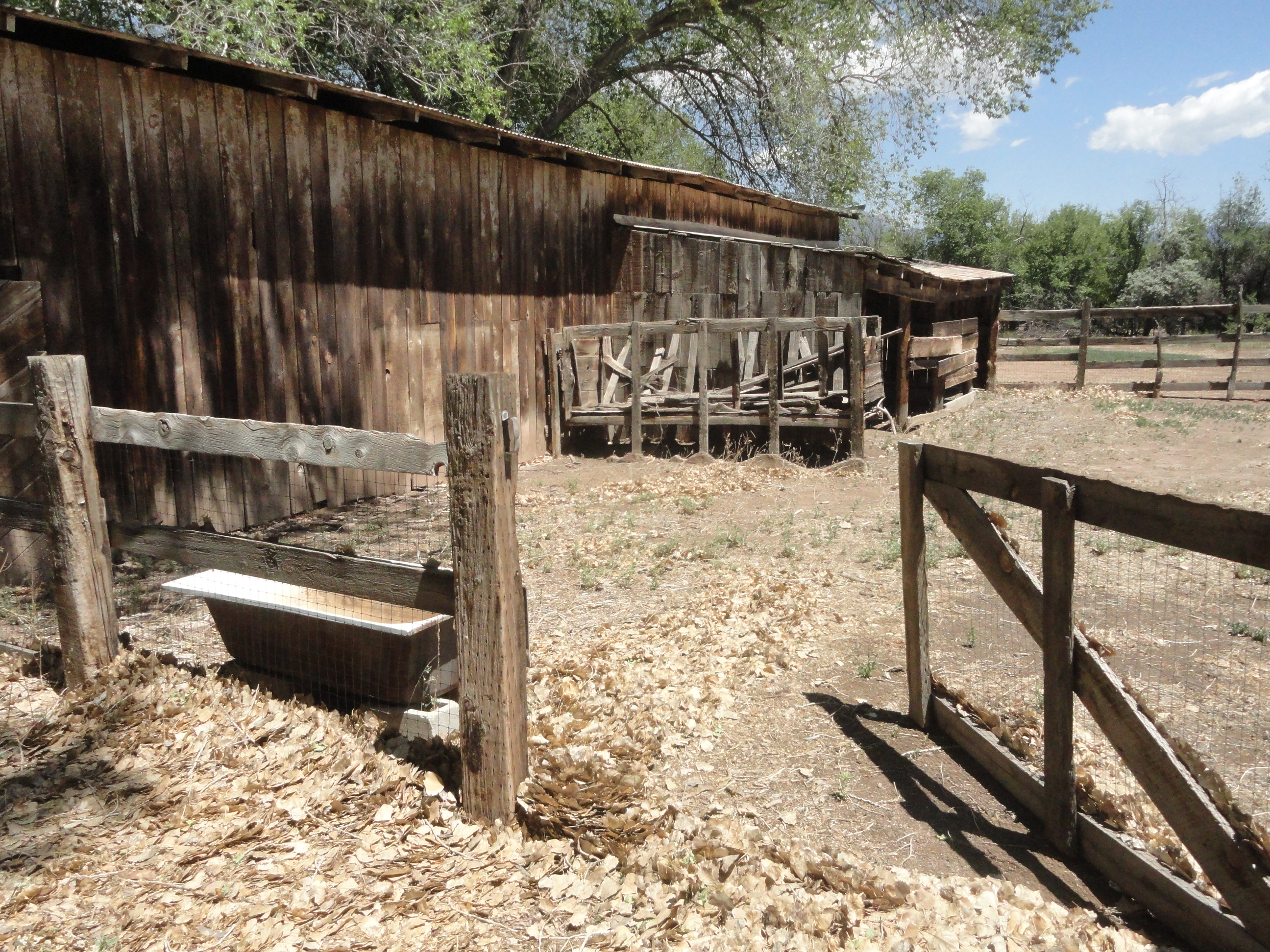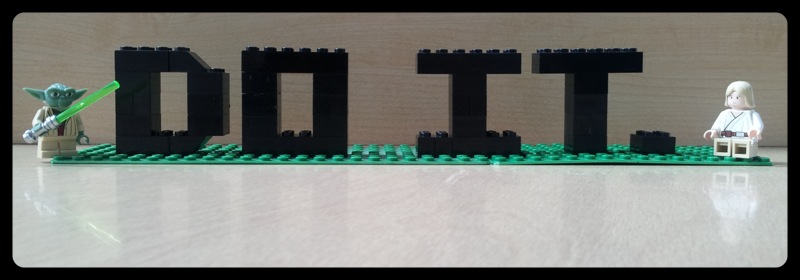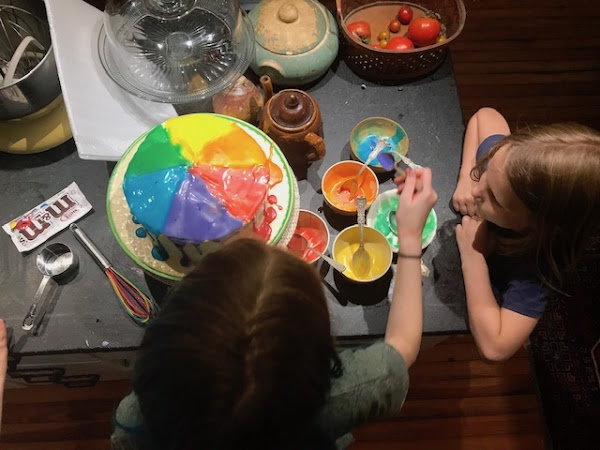Think beyond house cats to wild and jungly, crazy, cartoony, and alien-species-imagined cats.
Once you've thought up your own, you might check against other people's lists here:
Feline Good with Our Favorite Literary Cats
Here, Kitty, Kitty… 20+ Children’s Books That Are the Cat’s Meow
The Worship of Cats
15 of the Most Famous Cat Characters in Books
That title was changed to "15 Well Known Cats in the Bookish World," but they didn't change the original title in the code. Somehow, there were discussions and disagreements there. Perhaps it was about cartoons and films.
Cats in stories and songs (a Google search link)
scratch-art by Devyn Dodd
photo by Sandra Dodd





